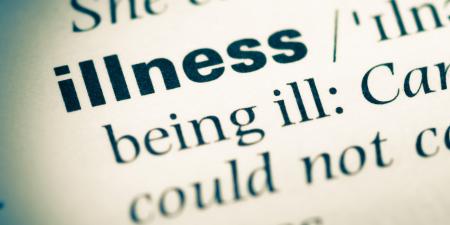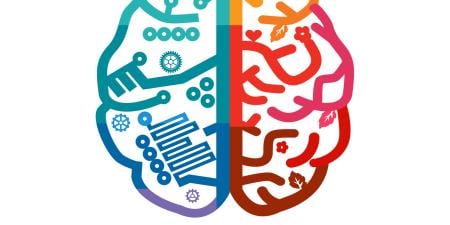Opinion 8.082 - Withholding Information from Patients
The practice of withholding pertinent medical information from patients in the belief that disclosure is medically contraindicated is known as “therapeutic privilege.” It creates a conflict between the physician’s obligations to promote patients’ welfare and respect for their autonomy by communicating truthfully. Therapeutic privilege does not refer to withholding medical information in emergency situations, or reporting medical errors.
Withholding medical information from patients without their knowledge or consent is ethically unacceptable. Physicians should encourage patients to specify their preferences regarding communication of their medical information, preferably before the information becomes available. Moreover, physicians should honor patient requests not to be informed of certain medical information or to convey the information to a designated proxy, provided these requests appear to genuinely represent the patient’s own wishes.
All information need not be communicated to the patient immediately or all at once; physicians should assess the amount of information a patient is capable of receiving at a given time, delaying the remainder to a later, more suitable time, and should tailor disclosure to meet patients’ needs and expectations in light of their preferences.
Physicians may consider delaying disclosure only if early communication is clearly contraindicated. Physicians should continue to monitor the patient carefully and offer complete disclosure when the patient is able to decide whether or not to receive this information. This should be done according to a definite plan, so that disclosure is not permanently delayed. Consultation with patients’ families, colleagues, or an ethics committee may help in assessing the balance of benefits and harms associated with delayed disclosure. In all circumstances, physicians should communicate with patients sensitively and respectfully.
Opinion 8.12 - Patient Information
It is a fundamental ethical requirement that a physician should at all times deal honestly and openly with patients. Patients have a right to know their past and present medical status and to be free of any mistaken beliefs concerning their conditions. Situations occasionally occur in which a patient suffers significant medical complications that may have resulted from the physician’s mistake or judgment. In these situations, the physician is ethically required to inform the patient of all the facts necessary to ensure understanding of what has occurred. Only through full disclosure is a patient able to make informed decisions regarding future medical care.
Ethical responsibility includes informing patients of changes in their diagnoses resulting from retrospective review of test results or any other information. This obligation holds even though the patient’s medical treatment or therapeutic options may not be altered by the new information.
Concern regarding legal liability which might result following truthful disclosure should not affect the physician’s honesty with a patient.



